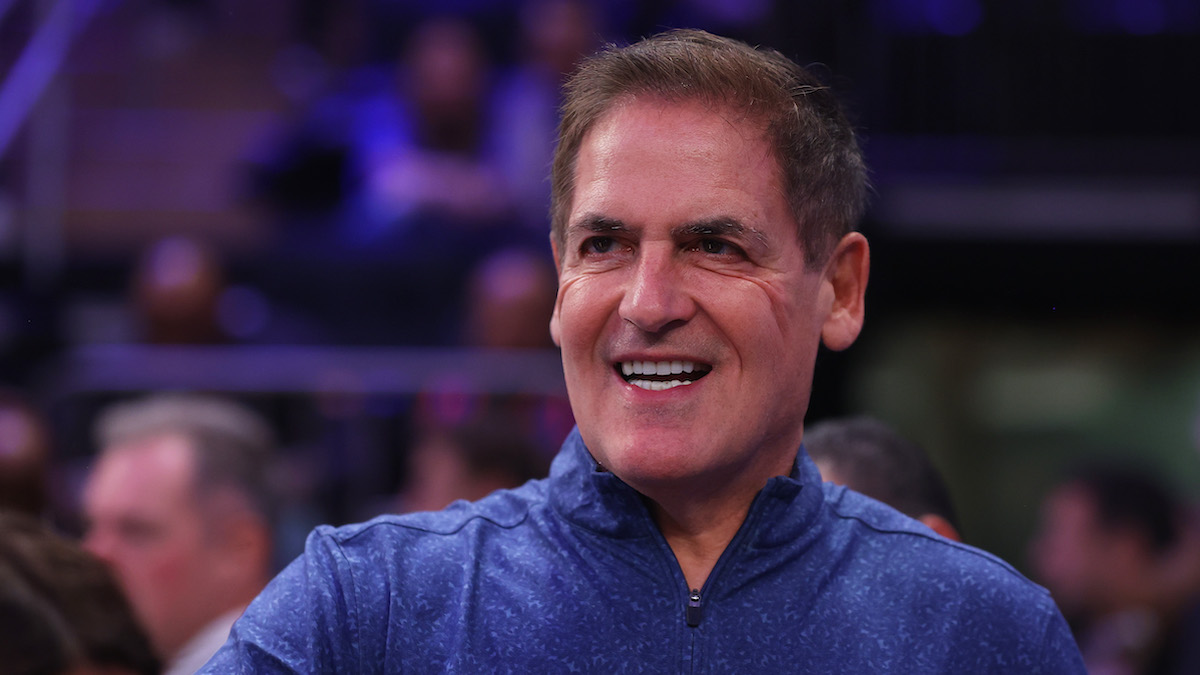Mark Cuban took to social media to share his analysis of Elon Musk‘s ambitions in the artificial intelligence domain.
The billionaire entrepreneur tweeted his assessment of Musk’s plans to develop an AI model of his own and the impact it might have on society, should the head Twit choose to leverage data from his recently acquired social media platform.
Cuban was responding to a tweet by Musk advocating for large language models (LLMs) to evolve into large knowledge models (LKMs) based on the acquisition of unique data sources as an expansion of the intellectual property market. The gist of Musk’s tweet is that tech giants like Google, Meta, and Microsoft should be seeking to purchase knowledge bases that contain profound insights into user behavioral profiles.
The Shark Tank star speculates that Musk might create an open-source artificial intelligence model trained on user data from Twitter, tailored to generate personalized consumer journeys and meet the unique needs of end-users. Cuban also suggests that Musk may engineer certain biases into his AI model to prioritize himself and content sources that reflect his values. Should the Big Three use Musk’s LKM, his avatar could infuse all AI systems.
Cuban’s remarks were met with skepticism, as some pointed out that a contest for accurate data holds tremendous value for end-users.
Indeed, the problem of discrimination in LLMs existed before Musk proposed an LKM. Many users criticize ChatGPT and Google’s Bard for rendering output that contains ideological prejudices. However, because Musk owns one of Earth’s most influential user databases, his proposed LKM may have a considerable advantage over his competitors.
Many Musk fans have no problem with his concept for an LKM trained on user behavioral data. They also took no issue with the idea that members of the elite class might be the first people to enjoy digital immortality through their AI avatars.
For another user, Musk’s endgame in purchasing Twitter came into view.
Cuban’s argument that we live in extraordinary times, as members of the privileged class can wield unprecedented influence over humankind, is unassailable. While this is an exceptional technological feat, the antithesis is that it also carries inherent concerns for new kinds of harm and corruption.
Ultimately, Musk’s artificial intelligence system will likely be as biased as the others. However, “Virtual Elon” could potentially be far more powerful. Considering that he is infamous for treating people like objects, what could possibly go wrong?

